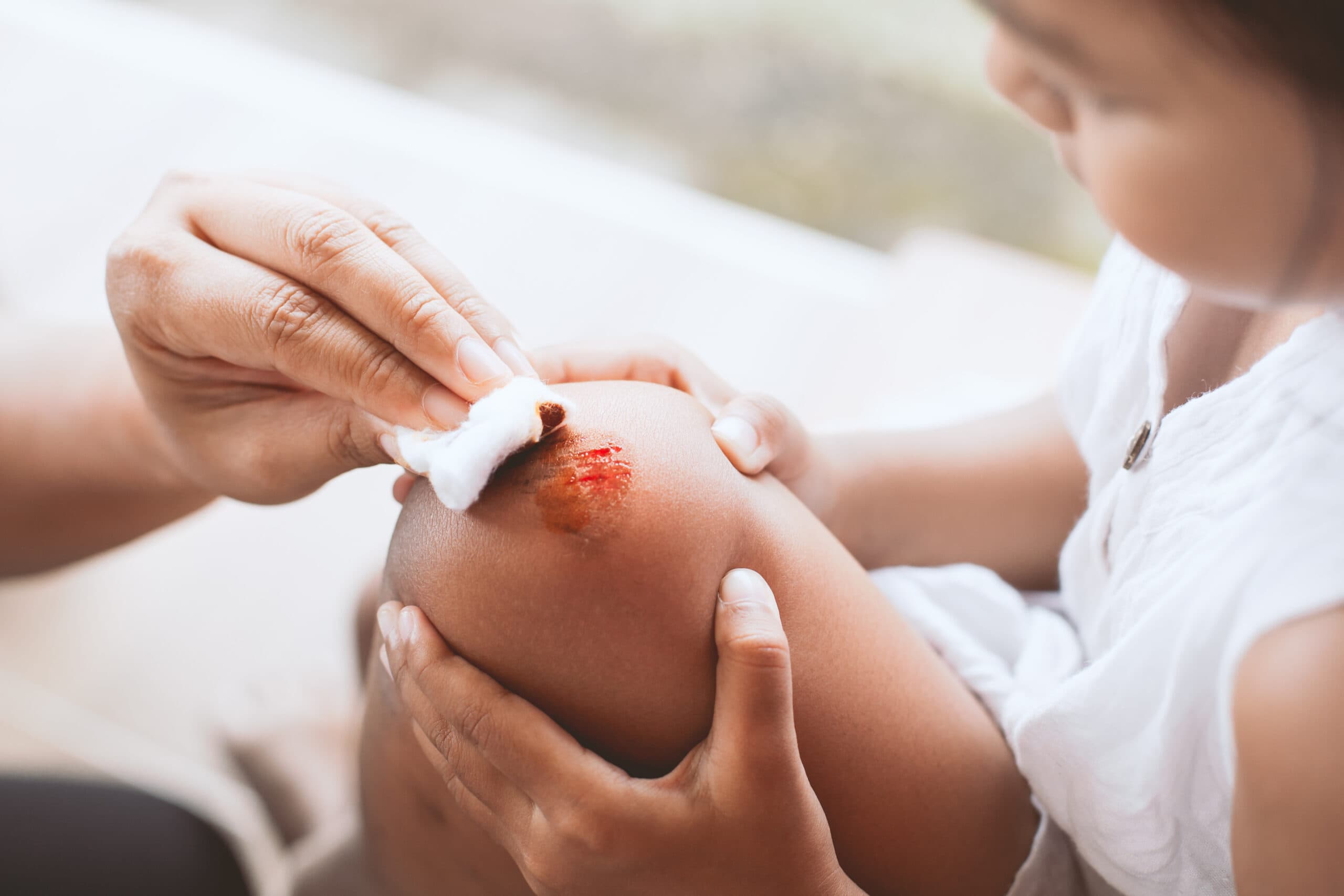A new study of 556 children is the first to conclusively debunk any link between tea tree oil and hormone disorders. It found no link between the two, providing evidence that Australian tea tree oil in topical applications is safe for all ages.
This research was supported by AgriFutures Tea Tree Oil Program and conducted by the Franklin Health Research Centre in the United States.
“We found that the appropriate use of Australian tea tree oil was not shown to have any hormone-related effects in children,” says Franklin Health Research Centre Executive Director Dr Jessie Hawkins, who led the study published in the peer-reviewed International Journal of Pediatrics and Adolescent Medicine.
“Many factors can contribute to the symptoms in children described in these isolated case reports. This study provides substantial evidence that Australian tea tree oil is a safe ingredient for personal care products for children.”
Mr Tony Larkman, CEO of the Australian Tea Tree Industry Association (ATTIA), said “This study confirms the safety of pure Australian tea tree oil and exposes the shortcomings in previous reports that claim otherwise. The best assurance for consumers who wish to use high-quality, effective tea tree oil products is to avoid cheap substitutes, seek out Australian tea tree oil, and look for the ATTIA code of practice logo.”
Investigating unsupported claims
Australian tea tree oil is a popular ingredient in personal care and household products and has a long history of use. It is particularly attractive to consumers seeking natural antimicrobial properties. However, isolated case reports of hormone disorders in children, including three cases reported in 2007 of prepubertal breast development in boys who had purportedly used tea tree or lavender oil products, understandably adversely impacted consumer and the medical profession’s confidence in tea tree oil and lavender oil use. These case reports were highly publicised, receiving significant media attention. To date no reports, provision of data or large scale epidemiological studies have been undertaken by those raising these issues and concerns. Consequently there is no evidence to support their claims.
“While case reports can propose a hypothesis, they are insufficient to provide conclusive evidence that any environmental exposure causes a health risk, or even to confirm a link,” says Dr Hawkins.
In 2018, her team embarked on a multi-stage project to study the proposed link between tea tree and lavender essential oil use and hormone disorders in children.
“We set out to definitively establish whether a link exists between tea tree oil product use and hormone disorders, using epidemiology, a form of clinical research that is necessary to assess whether exposure to a chemical in the environment creates a risk for public health.”
As published in the journal Complementary Therapies in Medicine in 2020, Dr Hawkins’ team conducted a systematic review of the existing scientific literature on tea tree oil and hormone disorders in children, concluding there was insufficient clinical evidence to propose any link between the two.
Tea tree oil use in children
Dr Hawkins and her team continued their efforts in a large, multi-centre, retrospective cohort study. The researchers surveyed the parents of 556 children aged 2 to 15 years of age, using a clinically validated method to trigger recall of tea tree and lavender oil-based household or personal hygiene products, such as shampoo, deodorant or soap without any risk of investigator bias. Among the participants, nine children had experienced hormone disorders, including precocious or delayed puberty, hypothyroidism or growth hormone deficiency.









